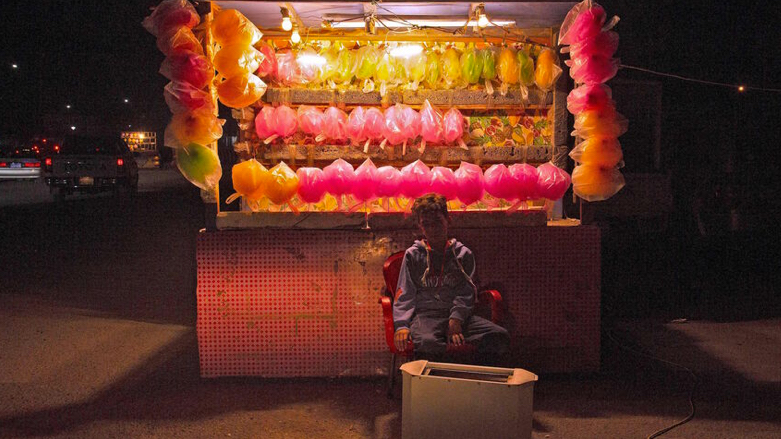High child labor rates in Iraq continue to disrupt children’s future, the IRC warns
"When children are working, they are robbed of the chance to experience a normal and safe childhood."

ERBIL (Kurdistan 24) – On World Children’s Day, an alarming spike in rates of child labor in Iraq continues to deprive children of their basic rights as families run out of options to meet basic needs, the International Rescue Committee (IRC) in Iraq said in a report on Sunday.
📢 New statement: On #WorldChildrensDay, @RESCUEorg is warning of high rates of #childlabor in #Iraq. It deprives children of their human rights as families run out of options to meet their basic needs. Laws protecting children from labor must be enforced.https://t.co/wQx9cfBtxw
— International Rescue Committee - MENA (@RESCUE_MENA) November 20, 2022
In a new survey conducted by the IRC in five areas of East Mosul the IRC observed that 90% of caregivers reported having one or more children engaged in labor.
While 85% of children reported that they did not feel safe in their place of work, describing instances of harassment and not having proper equipment to protect themselves during work in factories or on the streets.
Almost five years after the declared end of conflict, economic conditions in Mosul remain dire for many families, including those who are displaced within the country and those who have returned to their areas of origin having been displaced during the conflict.
East Mosul was liberated from ISIS control in January 2017, while the rest of Mosul was liberated in July 2017.
“When families are unable to meet their basic needs, sometimes their last resort is sending their child to work. We know that child labor puts children in harm’s way and leads to long-term effects on their physical and mental well-being. When children are working, they are robbed of the chance to experience a normal and safe childhood,” Samar Abboud, the IRC’s Country Director in Iraq, said in the report.
Families reported several reasons for their children working, including the inability to meet school costs, overwhelming need for income to support, schools not allowing enrollment due to missing documentation or perceived affiliation with ISIS.
The IRC called on the Iraqi government to greater ensure that its laws protecting children from labor are enforced.
Moreover, the IRC said a particular focus should be placed on enrolling children who remain without civil documentation more than 5 years since the end of the conflict.
